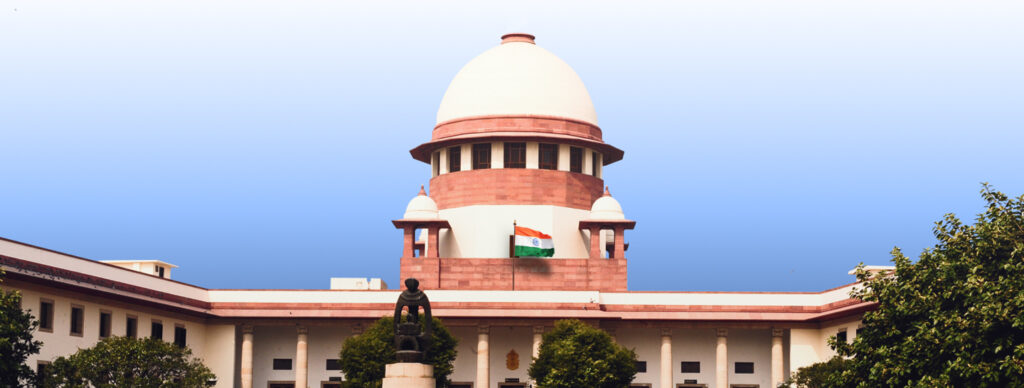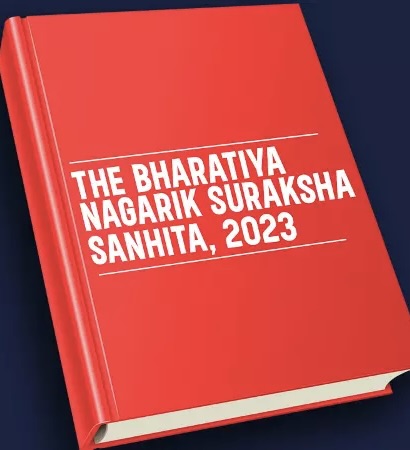This article explores a significant Supreme Court judgment that recalibrates the balance between national security and the constitutional right to a fair trial. If you are a student of law, a legal practitioner, or simply someone interested in how courts uphold civil liberties in terrorism-related cases, this case sets an important precedent on due process and judicial accountability under the UAPA.

Citation: Mohammed Asarudeen v. Union of India & Others, (2025) INSC 746
Judgment Date: May 6, 2025
Bench: Justice B.R. Gavai and Justice Sandeep Mehta
Court: Supreme Court of India
Case Background
The case involves Mohammed Asarudeen, who was initially booked under Sections 341, 294(b), and 307 of the Indian Penal Code (IPC). The matter was later transferred to the National Investigation Agency (NIA), which added several serious charges including:
- IPC Sections: 120B (criminal conspiracy), 143, 147, 148, 149 (unlawful assembly and related offences), and 302 (murder)
- UAPA Sections: 15, 16, 18, 18B, 19, and 20
During trial proceedings before the NIA Special Court in Chennai, the prosecution sought protection for witnesses under Section 44(2) of the UAPA and Section 17(2) of the NIA Act. The request included concealing the identity and addresses of witnesses, citing threats to their safety.
Orders of the Lower Courts
The Special Court granted a general order protecting the identities of all prosecution witnesses. The Madras High Court upheld this order without requiring specific justification or individual assessments of threat.
Issues Before the Supreme Court
- Was the blanket order protecting witness identities lawful under Section 44(2) of the UAPA?
- Did the order violate the accused’s right to a fair trial and effective legal defense under Article 21 of the Constitution?
Supreme Court’s Findings
The Court delivered a firm and clear ruling on the scope of witness protection under UAPA:
- Individual Assessment is Mandatory: Protective measures can only be granted after a reasoned and specific finding that a particular witness faces a credible and substantial threat.
- Blanket Orders Are Unconstitutional: A general or non-specific order violates procedural fairness and the accused’s right to a fair trial.
- Right to a Fair Trial is Paramount: Article 21 ensures that all accused, even under special laws like UAPA, have the right to defend themselves effectively, which includes knowing who is testifying against them—unless exceptional and justifiable circumstances exist.
Judgment
The Supreme Court set aside the orders of both the Special Court and the High Court. It directed that any further request for witness protection must be based on an individual threat assessment and supported by evidence.
Significance of the Ruling
This decision is a major step in preserving the integrity of the criminal justice system. While it does not deny the need for witness protection in terrorism or sensitive cases, it insists that such protection must not be granted casually or without proper judicial oversight.
By reinforcing the need for procedural fairness, the Supreme Court has emphasized that even national security laws like the UAPA must operate within the bounds of the Constitution and the rule of law.
To get latest updates, Please do subscribe to LawHathi.



Your article helped me a lot, is there any more related content? Thanks! https://accounts.binance.com/register-person?ref=IHJUI7TF